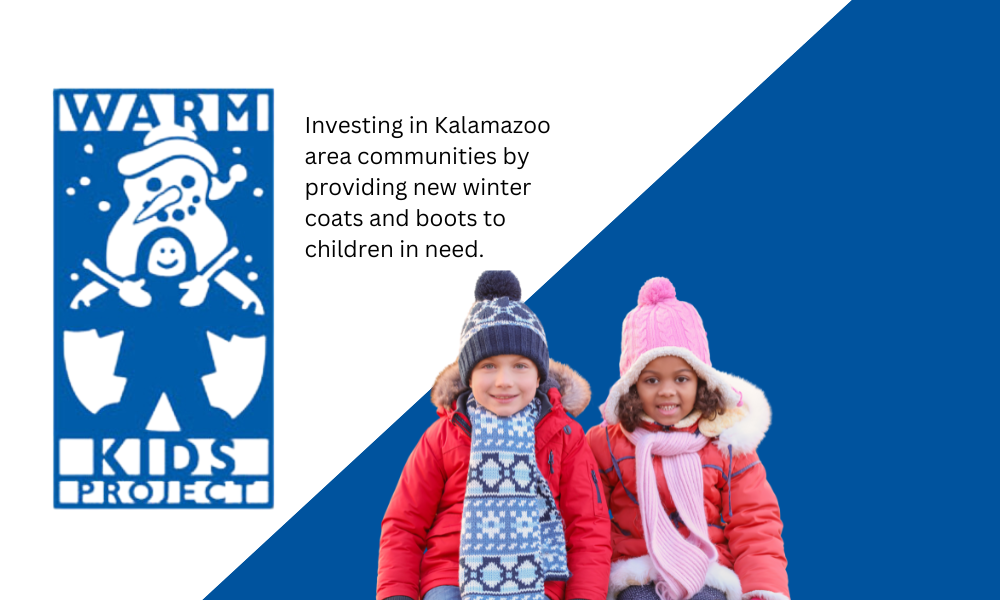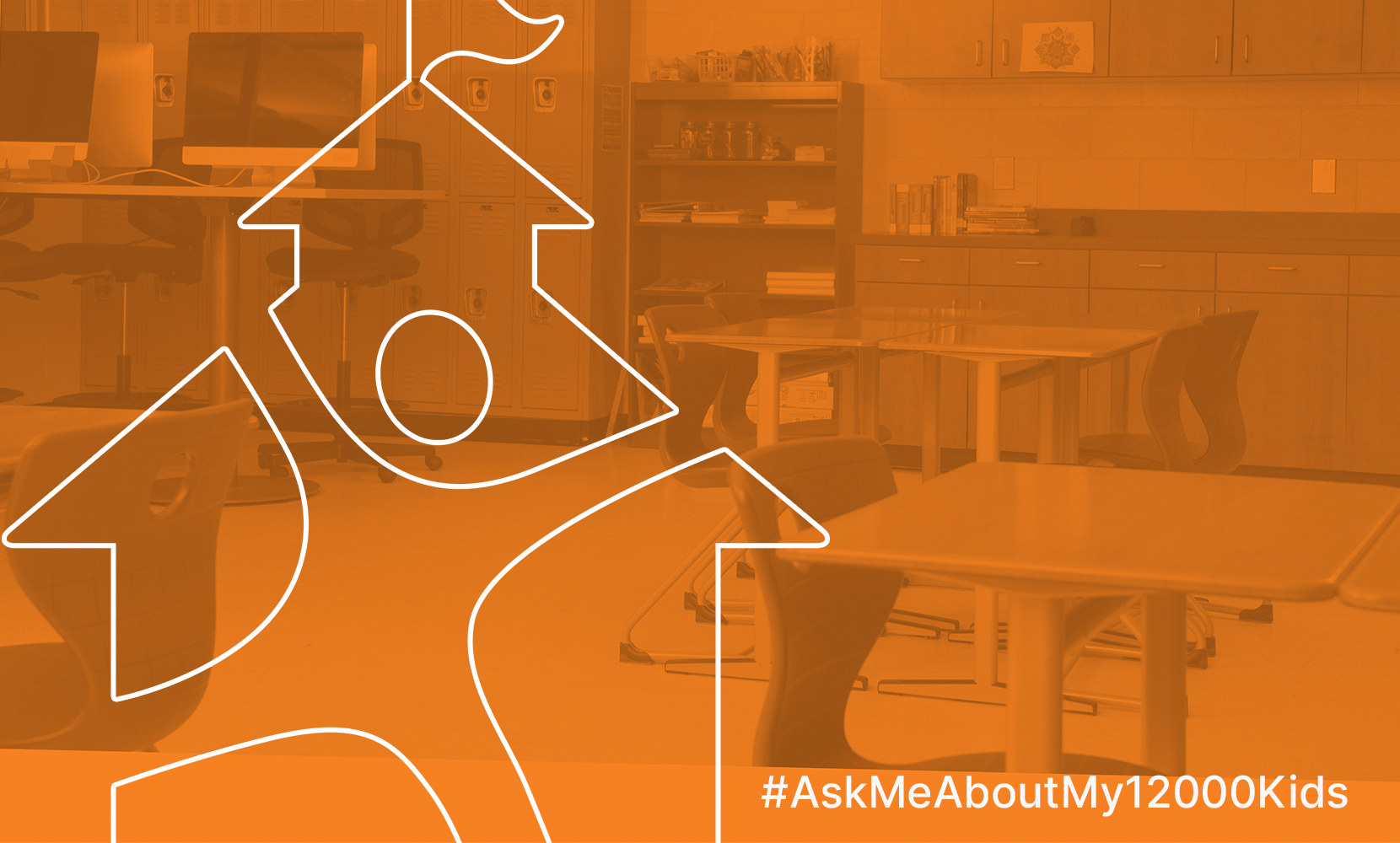 This has been a tough winter. And it’s not over. With all this snow falling, ice damming, roof leaking, pipe bursting weather, my humor has taken a hit. What about yours? When was the last time you had a chance to thaw out and have a really good laugh? Not just a chuckle or snort but a full blown, eye-watering laugh that just doesn’t rumble above the surface but goes deep beyond the frost line?
This has been a tough winter. And it’s not over. With all this snow falling, ice damming, roof leaking, pipe bursting weather, my humor has taken a hit. What about yours? When was the last time you had a chance to thaw out and have a really good laugh? Not just a chuckle or snort but a full blown, eye-watering laugh that just doesn’t rumble above the surface but goes deep beyond the frost line?Kids who can appreciate and share humor are happier and more optimistic, have higher self-esteem, and can handle differences (their own and others’) well. They are able to connect better with peers and handle adversities that come their way.
A sense of humor doesn’t just help kids emotionally and socially. There are physical benefits as well. Laughter relaxes the body (muscles stay relaxed for up to 45 minutes) and boosts the immune system. It lowers stress hormones, lowers heart rate, pulse, and blood pressure, aids digestion, and can decrease pain.
A sense of humor doesn’t just help kids emotionally and socially. There are physical benefits as well. Laughter relaxes the body (muscles stay relaxed for up to 45 minutes) and boosts the immune system. It lowers stress hormones, lowers heart rate, pulse, and blood pressure, aids digestion, and can decrease pain.
Laughter is a free resource and we need to mine it. We are wired for laughter, after all. I recall silently commending myself on having a child with an advanced sense of humor until the nurse told me my two month old’s grins were gas related. A baby’s first laugh typically occurs around the 4th or 5th month. In fact, scientists have teased out four distinct stages of humor development. I read (somewhere) that, on average, children laugh 200 times a day, adults, just 15-18 times a day.
 Humor can facilitate mastery and learning. Nobody knows this more than educators. Every day principals, teachers, site coordinators, and others wield humor with finesse to impart an important lesson, diffuse a situation, connect wth a student or parent. “Humor, like other forms of play, are intimately tied to social, emotional, and cognitive stages of development,” says Deb Faling, CIS Director of Social Emotional Learning. ”It’s a great tool children can use to help them throughout their life. The power of play, with humor being one aspect, can stoke the flames of creativity and innovation, necessary ingredients for strong kids and ultimately a strong work force. Humor can heal, connect us to others, and help us deal with challenges in life.”
Humor can facilitate mastery and learning. Nobody knows this more than educators. Every day principals, teachers, site coordinators, and others wield humor with finesse to impart an important lesson, diffuse a situation, connect wth a student or parent. “Humor, like other forms of play, are intimately tied to social, emotional, and cognitive stages of development,” says Deb Faling, CIS Director of Social Emotional Learning. ”It’s a great tool children can use to help them throughout their life. The power of play, with humor being one aspect, can stoke the flames of creativity and innovation, necessary ingredients for strong kids and ultimately a strong work force. Humor can heal, connect us to others, and help us deal with challenges in life.”Years ago, I worked at a homeless shelter/single room occupancy residence in Pittsburgh. The individuals living there didn’t have much to laugh about as they had lost much—families, jobs, homes, physical and/or mental health, their sense of dignity. “What this place needs is a good laugh,” one of the residents said one day as she scanned the somber faces lined up for dinner. Turns out, she was right. We ended up incorporating a humor class as part of the rehabilitation programming. It was led by a local comedian—I forget his name but on an interesting side note, he had a tiny part in the movie, Silence of the Lambs, which was filmed in Pittsburgh. He appears towards the end of the movie—holding a box of flowers I think—and knocks on a door. (Who’s there?) Anyways, his comedy classes and his sense of humor helped change the tone of the building. Residents began smiling and laughing more. They hadn’t lost their sense of humor after all. And if laughter wasn’t lost, maybe another job, another beginning at life was possible.
We owe it to our children to help nurture their sense of humor. And we don’t have to be a comedian to do it. Just pay attention. We all have the ability to tap into the humor that is all around us. Just make it a goal to find one or two things every day that you find genuinely funny. Share your insights. Ask a child to share with you the funniest thing that’s happened to them recently. This builds a child’s habit of noticing humor.
And the next time a great comedian comes to town, like Costaki Economopoulos, go see him! (Don’t take the kids, though.) I promise you’ll laugh way more than 18 times.
Tags: CIS, Communities In Schools of Kalamazoo, Costaki Economopoulos, Deb Faling, humor and child development, social emotional learning




